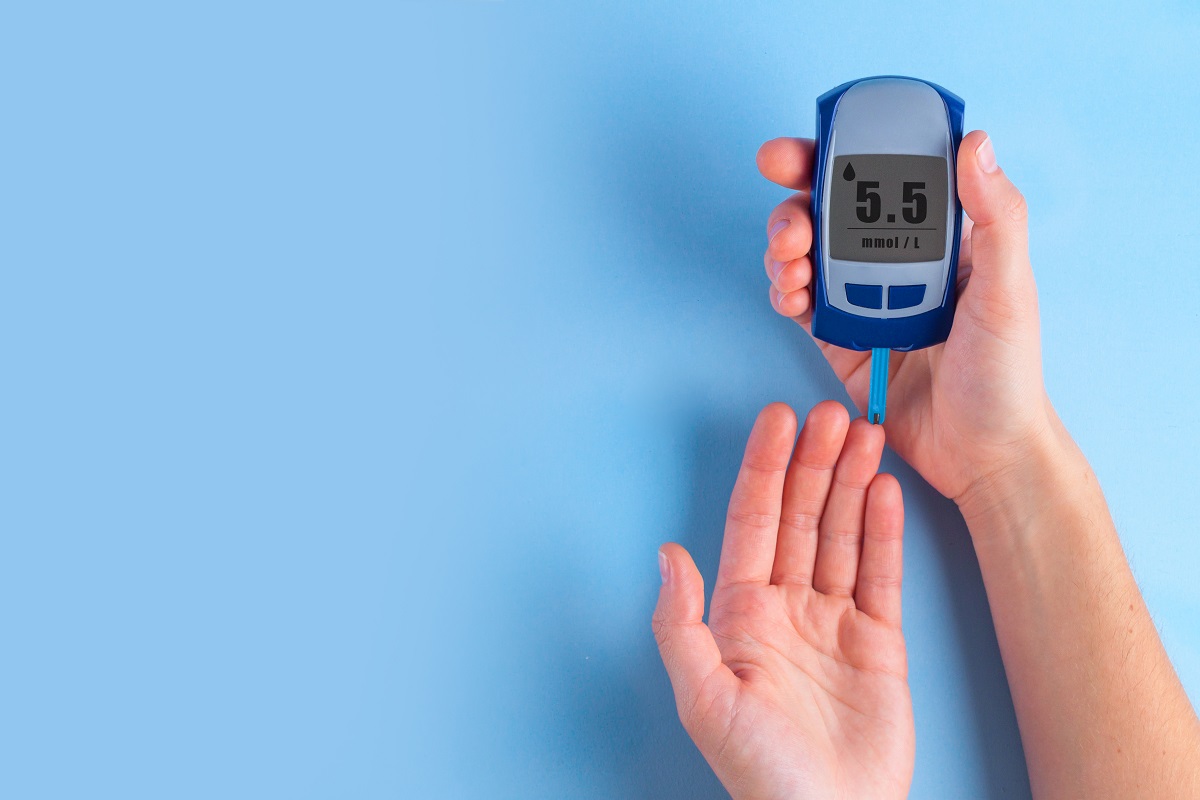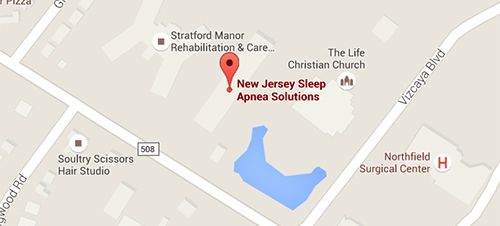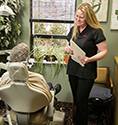The Link Between Sleep Apnea and Diabetes
Submitted by New Jersey Snoring Solutions on Wed 02/23/2022 - 09:00

Type 2 diabetes is a chronic condition in which the body has difficulty regulating glucose and excess sugar circulates in the bloodstream. It happens because the pancreas is unable to produce sufficient insulin, and cells become resistant to insulin.
At first glance, this disorder may seem far out of the scope for New Jersey Sleep Apnea Solutions. Unfortunately, however, diabetes and sleep apnea share several links, making it important for patients and doctors to be aware of the risks.
The Overlapping Risk Factors
The primary unifying link between the two health conditions is obesity. When fat accumulates in the respiratory tract, it diminishes the airway, making breathing more difficult, which can cause sleep apnea. Excess weight can also be responsible for developing an insulin resistance, which causes diabetes. Many patients discover they have developed both problems after becoming obese.
Other risk factors that sleep apnea and type 2 diabetes have in common are older age, heart disease and high blood pressure.
Having One Can Lead to the Other
Further demonstrating how interconnected sleep apnea and diabetes are, doctors have found that either one can be a path to the other. Patients with obstructive sleep apnea are significantly more likely to develop diabetes later. Likewise, about half of all patients with type 2 diabetes develop sleep apnea.
Moreover, patients with both conditions may see their symptoms aggravated. For example, having sleep apnea can make type 2 diabetes more difficult to manage by elevating glucose levels. Sleep deprivation causes blood sugar spikes. This also increases a person’s risk for stroke, high blood pressure and heart disease.
Know the Symptoms
This two-way street between sleep apnea and diabetes means that patients with either health condition should be vigilant for signs of the other. Since both disorders can go undetected for long stretches of time, here are a few things to keep an eye out for:
Sleep Apnea
- Excessive snoring
- Daytime tiredness
- Trouble breathing while sleeping
- Dry mouth and headaches in the morning
Type 2 Diabetes
- Persistent thirst and hunger
- Fatigue
- Frequent urination
- Blurry vision
Seek Treatment for Sleep Apnea
Hopefully, knowing that sleep apnea may also lead to type 2 diabetes is a motivator for you to seek treatment for the sleep disorder before your health grows even worse. Dr. Ivan Stein and Dr. Allan Stein can help you to manage your sleep apnea with an oral appliance. Achieving restful sleep may be just the trick to keep your diabetes under control or prevent it from developing altogether. For a consultation with New Jersey Sleep Apnea Solutions, please call (855) 949-7667.







